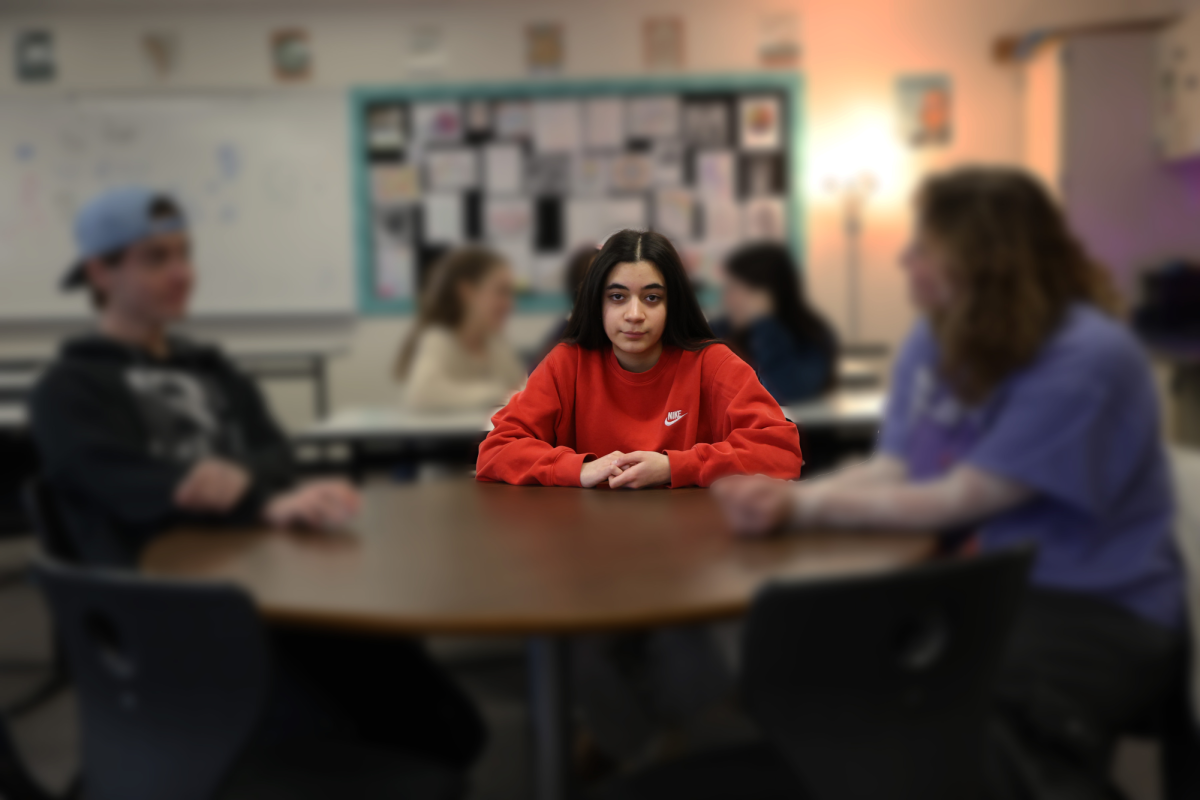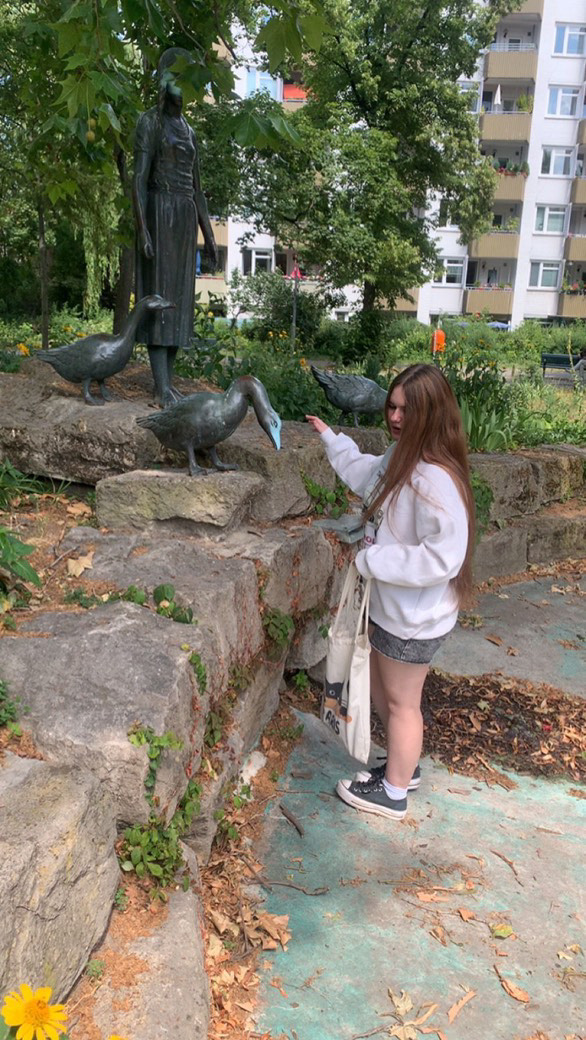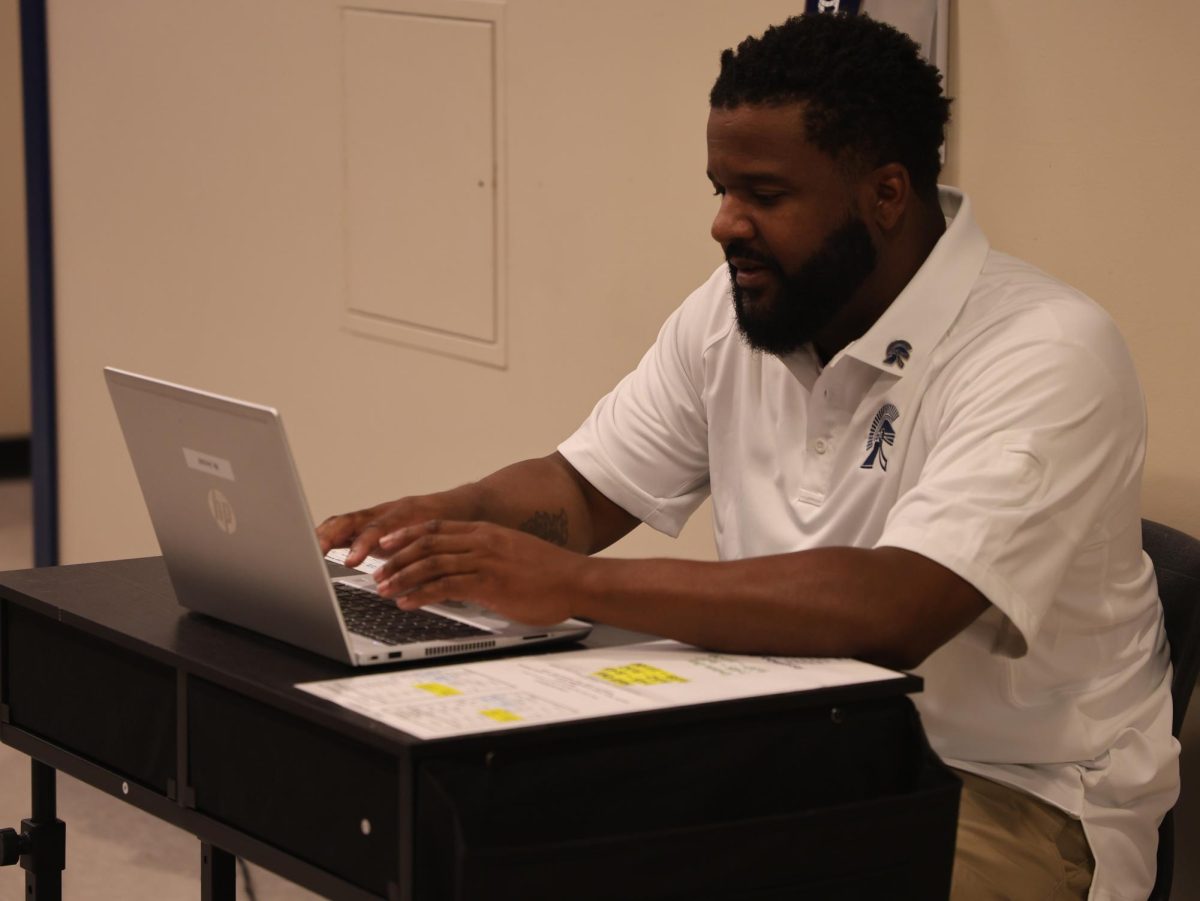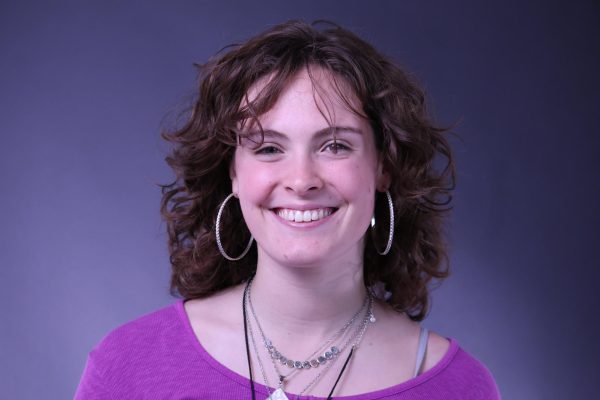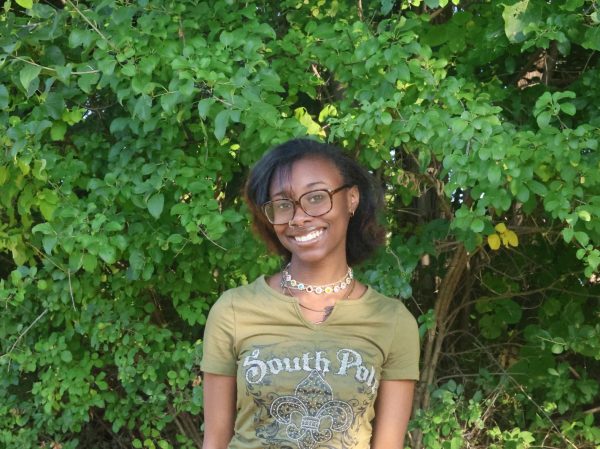As a third-grade Tala Dayyat (11) entered the parking lot of Robert L. Green elementary, she knew it would be another seven hours until she would feel the familiar sense of home again.
Seven hours at her new school, in a new city, in a new country.
At hour one, she sits at her desk, listening to the teacher begin the lesson for the day. Their lips are forming words and the sound reaches her ears, but she can’t understand what they’re saying.
Hour three. A worksheet is given to her by an unfamiliar peer. She can see the letters and sentences written across it, but she doesn’t know what they mean.
Lunch marks hour five. All the kids around her laugh and talk freely. She can see the expressions of joy on their faces, but their words evade her.
At hour seven, she’s free to head home for the day, a place full of words and sounds she knows. A place where she can hear and speak
the language she’s used to: Arabic. But when surrounded by English-speaking students and teachers in school, Dayyat felt there was only one word to describe her situation:
“Confusing.”
At age 7, Dayyat and her family moved from Dubai to Michigan, where she was enrolled in the East Lansing school district. Though she was happy to reunite with her extended family in America, Dayyat felt apprehensive about the move.
“Everything was very confusing because [East Lansing] did stuff very differently than where I came from,” Dayyat said. “I didn’t know what people were saying most of the time.”
While at school, Dayyat was immersed in a foreign environment, filled with customs entirely unlike what she was used to, making it a struggle for her to find a place among her peers.
“I was more held back,” Dayyat said. “Everybody else was very confident. They all knew each other, so I felt left out most of the time. I remember that the first two weeks of school I had no friends.”
This unfamiliarity carried into the classroom. Dayyat experienced struggles with trying to learn in a school geared toward those who spoke English as their first language.
“The most difficult part was trying to learn in a different language,” Dayyat said. “Everybody in elementary school would teach everything in English. I was learning what they were teaching me and also learning English.”
At this time, Dayyat was a part of a general English class, but was later placed in a class under the English Language Learner (ELL) program.
But she wasn’t thrilled about this, at least at first.
“I was embarrassed, because you don’t want people to know that you’re not good at English or understand it,” Dayyat said.
Dayyat remains in the ELL program today with a much more positive attitude than her younger self.
“I love it and appreciate being able to have the privilege of having ELL,” Dayyat said. “It really does help you when you need it.”
Through ELL, Dayyat began to feel a sense of belonging she previously lacked in America. In the class, she was introduced to other Arabic speaking people, creating newfound friendships and connections. One such individual was Lujain Elmekki (11), who welcomed Dayyat into her friend group in fifth grade.
They’ve been inseparable ever since.
“We’re like sisters,” Elmekki said.
While Dayyat navigated learning English, Elmekki was there for her every step of the way.
“I was there to help her get through everything and process being in America,” Elmekki said.
While a shared language was the backbone for their own friendship, Elmekki feels that this isn’t the only factor that defines relationships between ELLs.
“Being people that aren’t born here, [ELL] brings everybody together because they all have something that they can relate to,” Elmekki said.
ELL teacher, Katerin Barnes, has seen this connection firsthand.
“Our classroom has become a comfort zone for many students,” Barnes said. “They have built relationships with each other, decided to help each other; and created friendships that last a long time.”
Now, Dayyat spends her seven hours surrounded by ELL students and others alike, feeling much more comfortable than she did eight years ago at Green. East Lansing and the people within it have become her new home, no longer unfamiliar.
“It’s nice to get to know people that have the same struggles as you and can relate to you,” Dayyat said. “Being able to speak the same language as other people is nice.”



